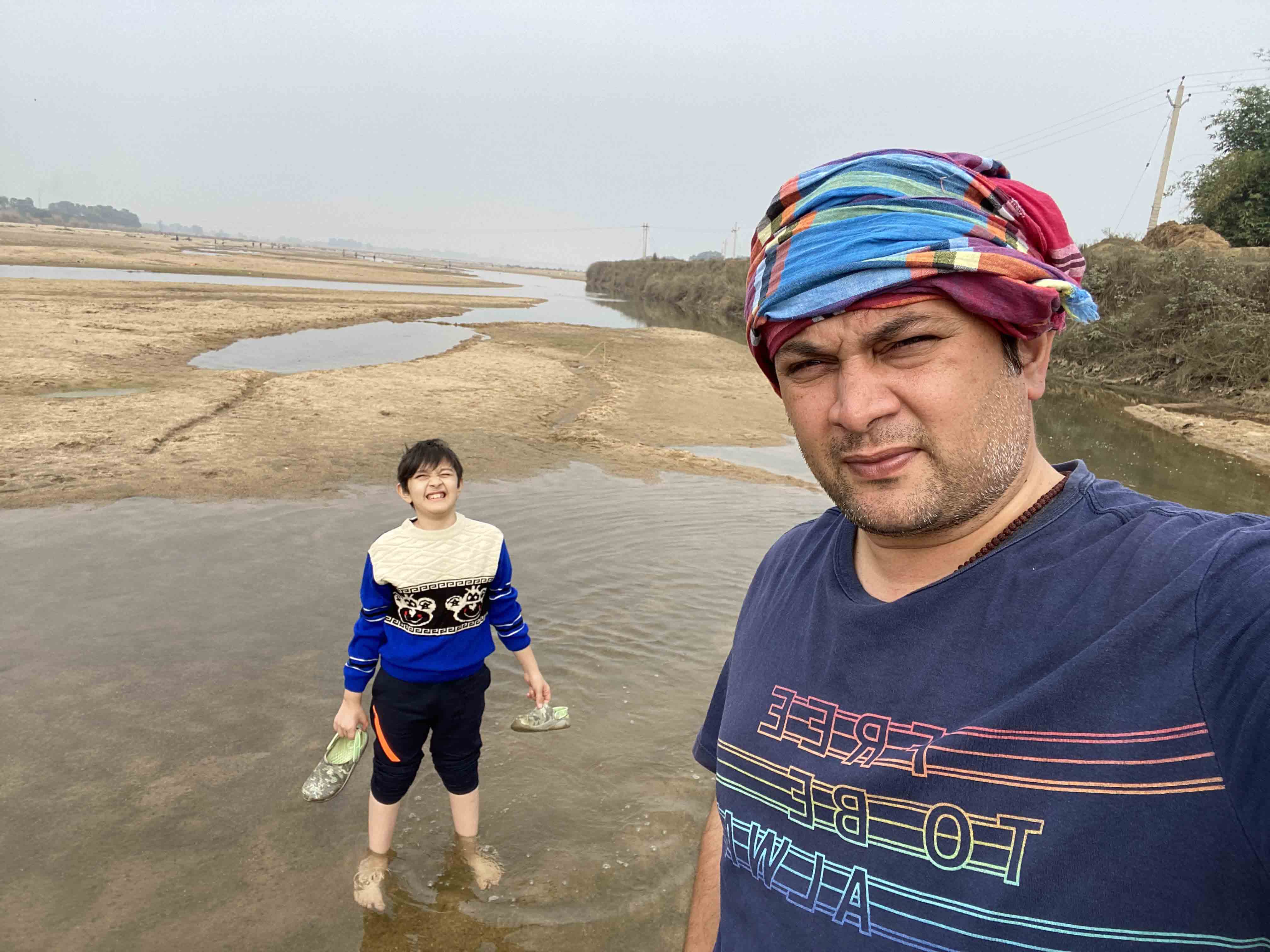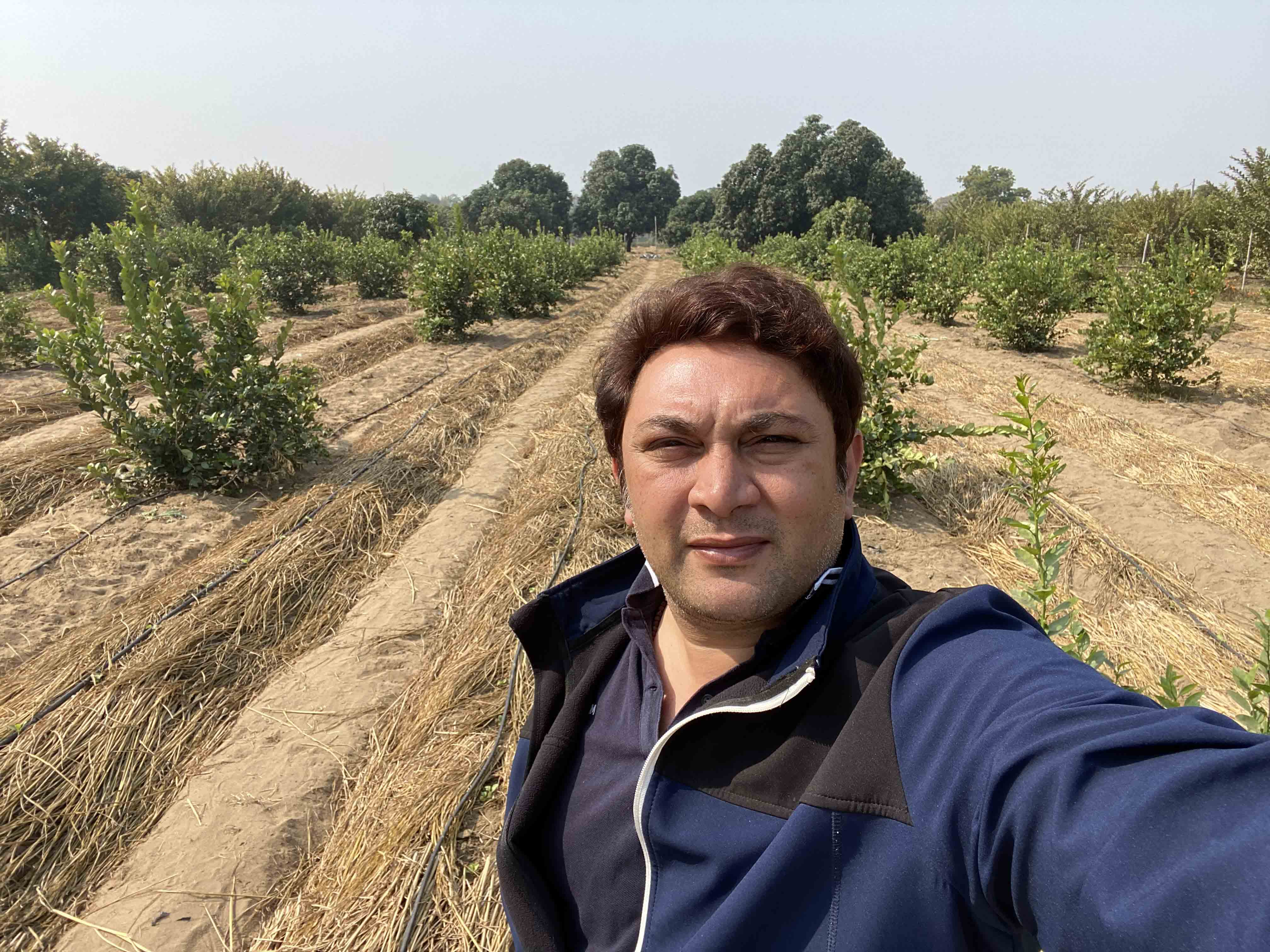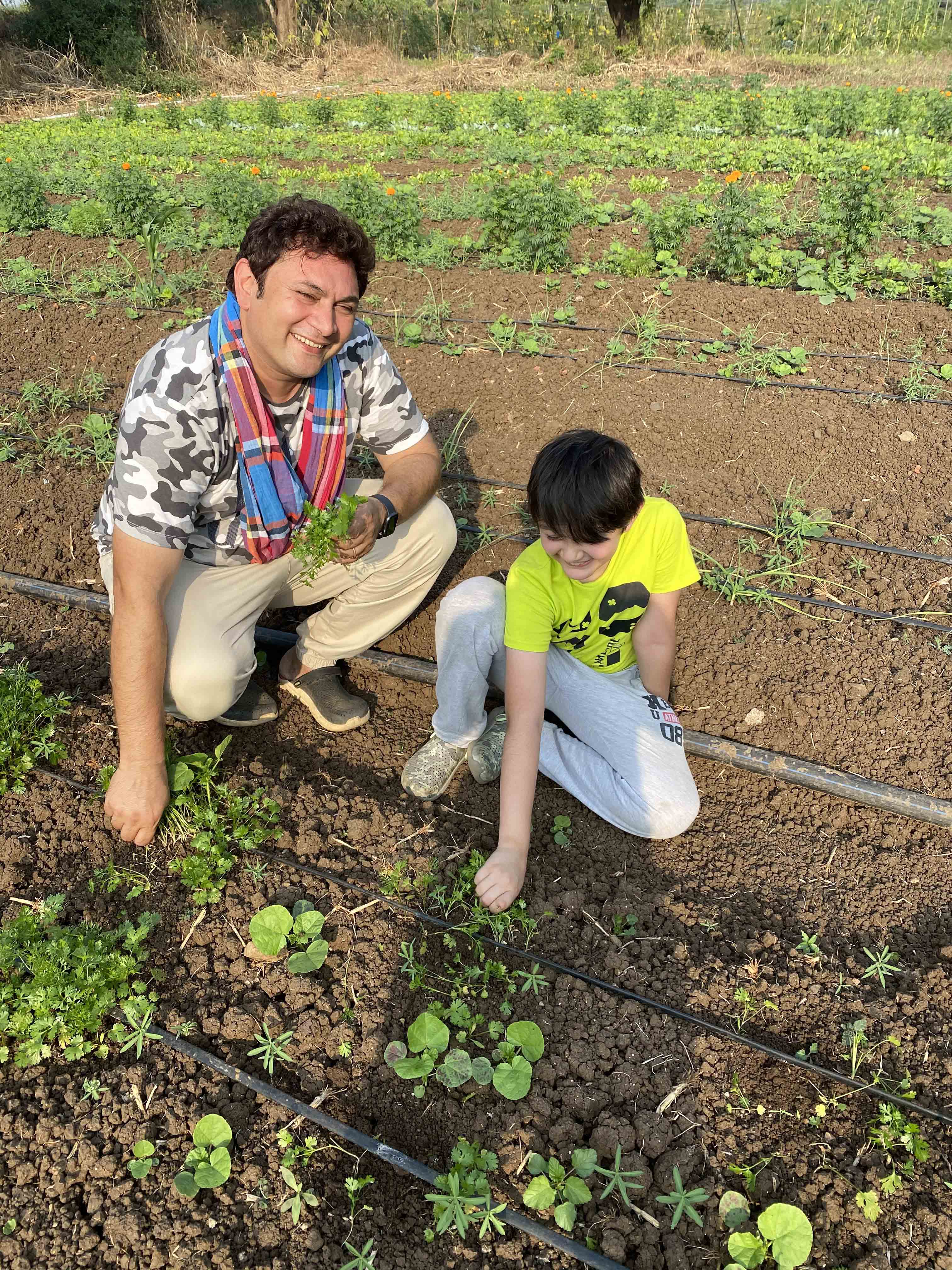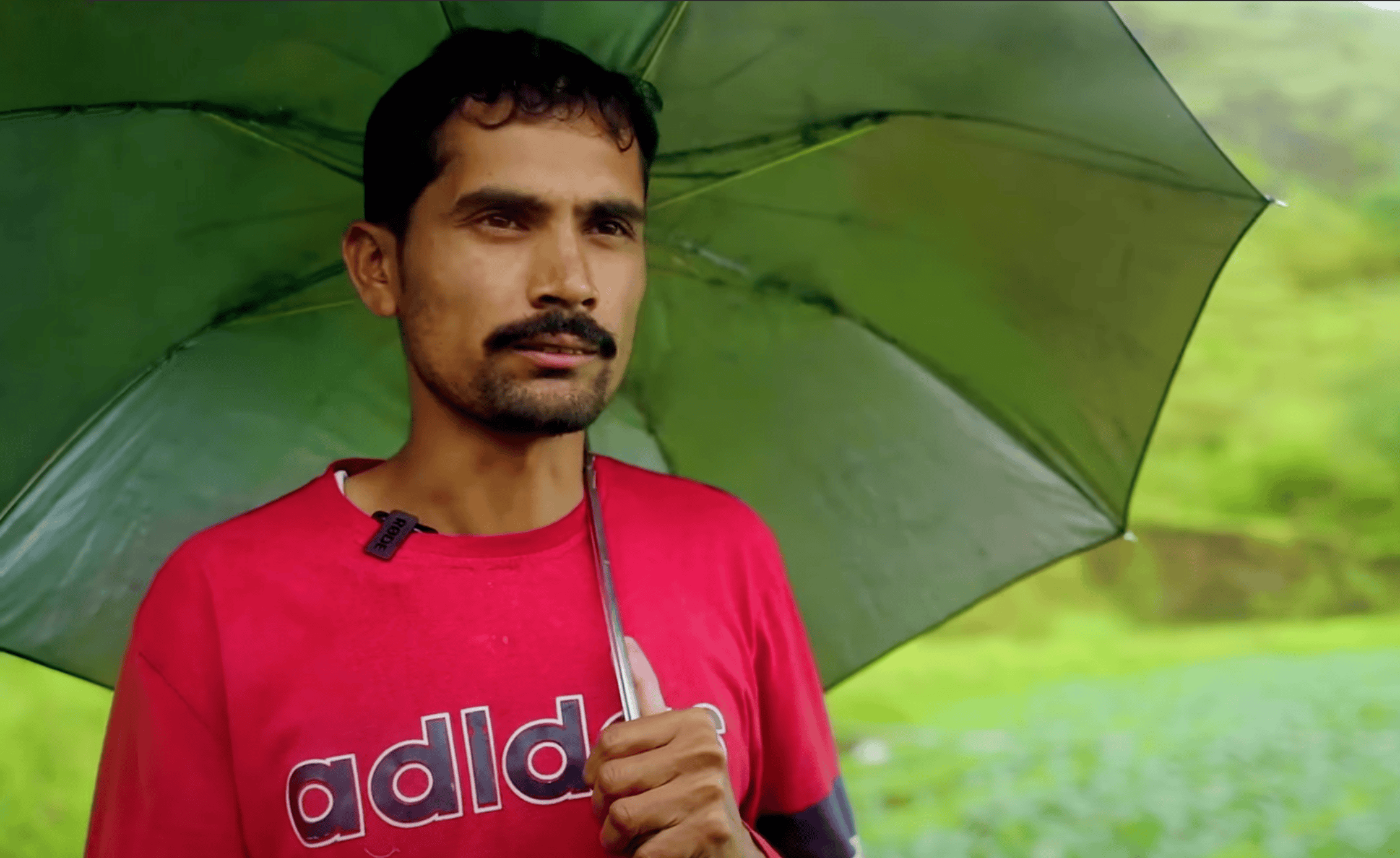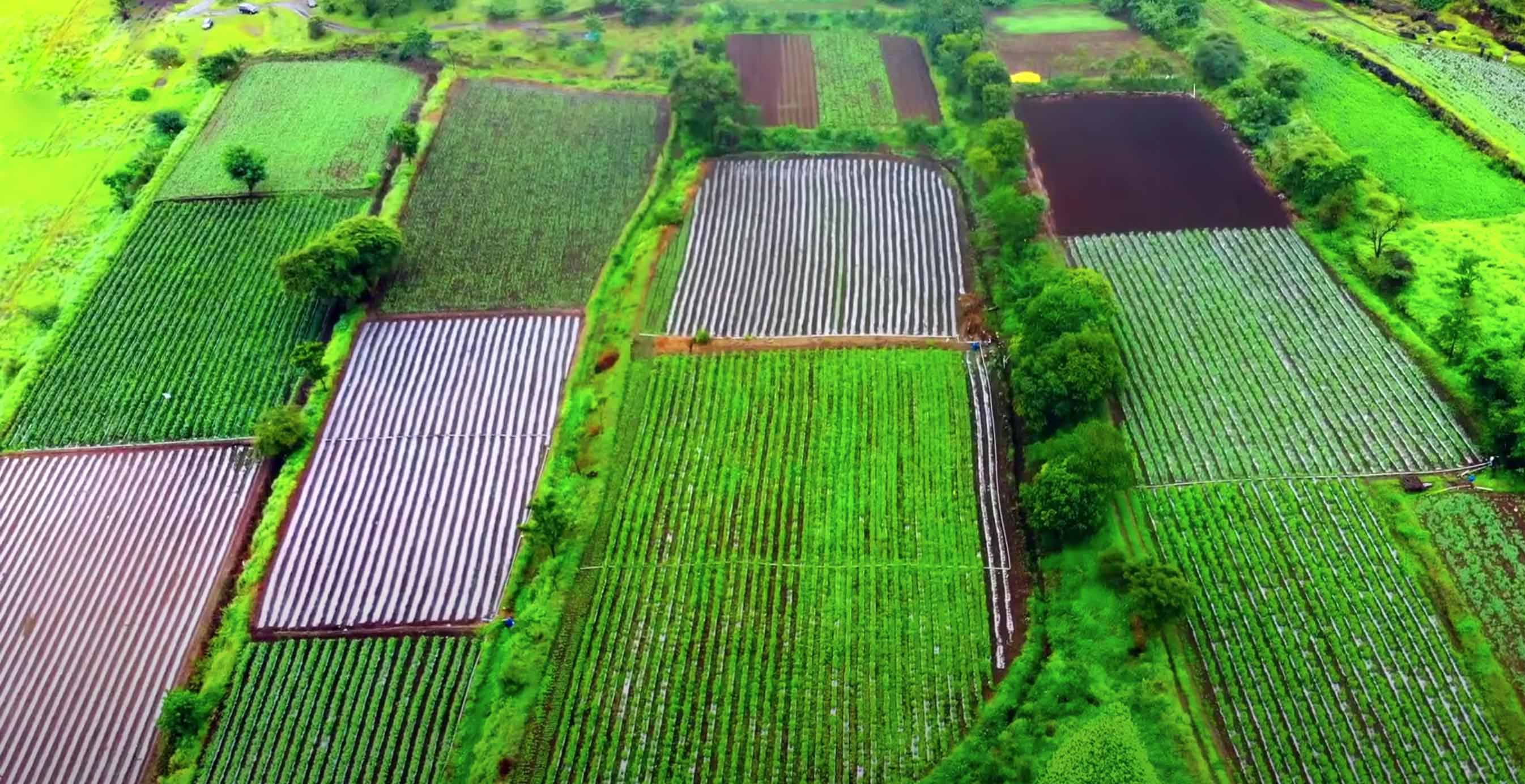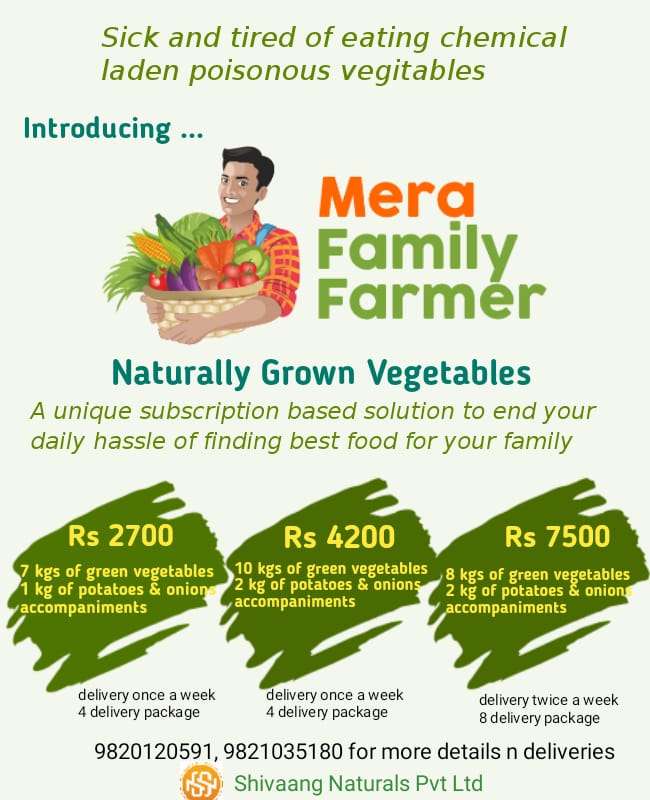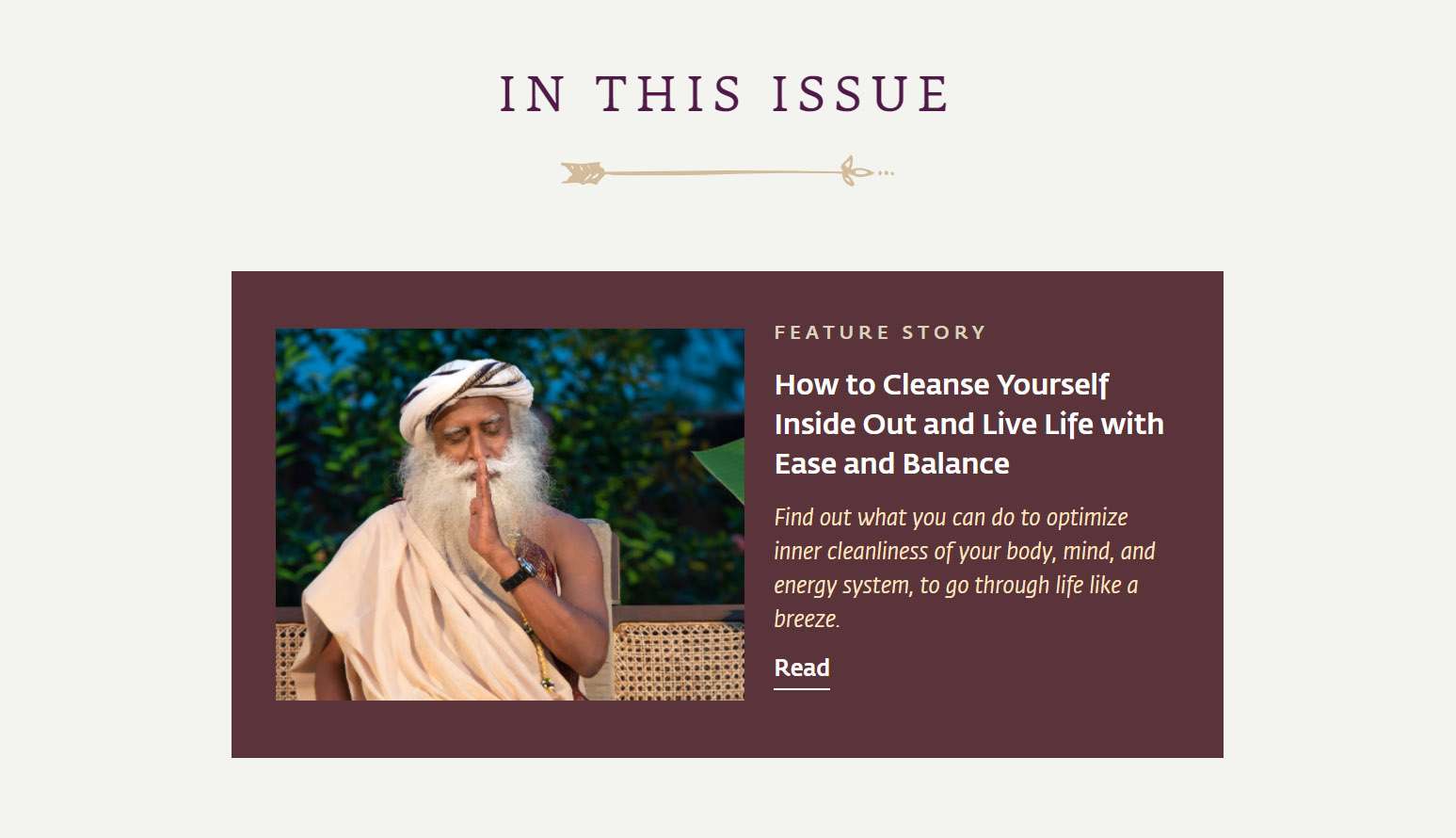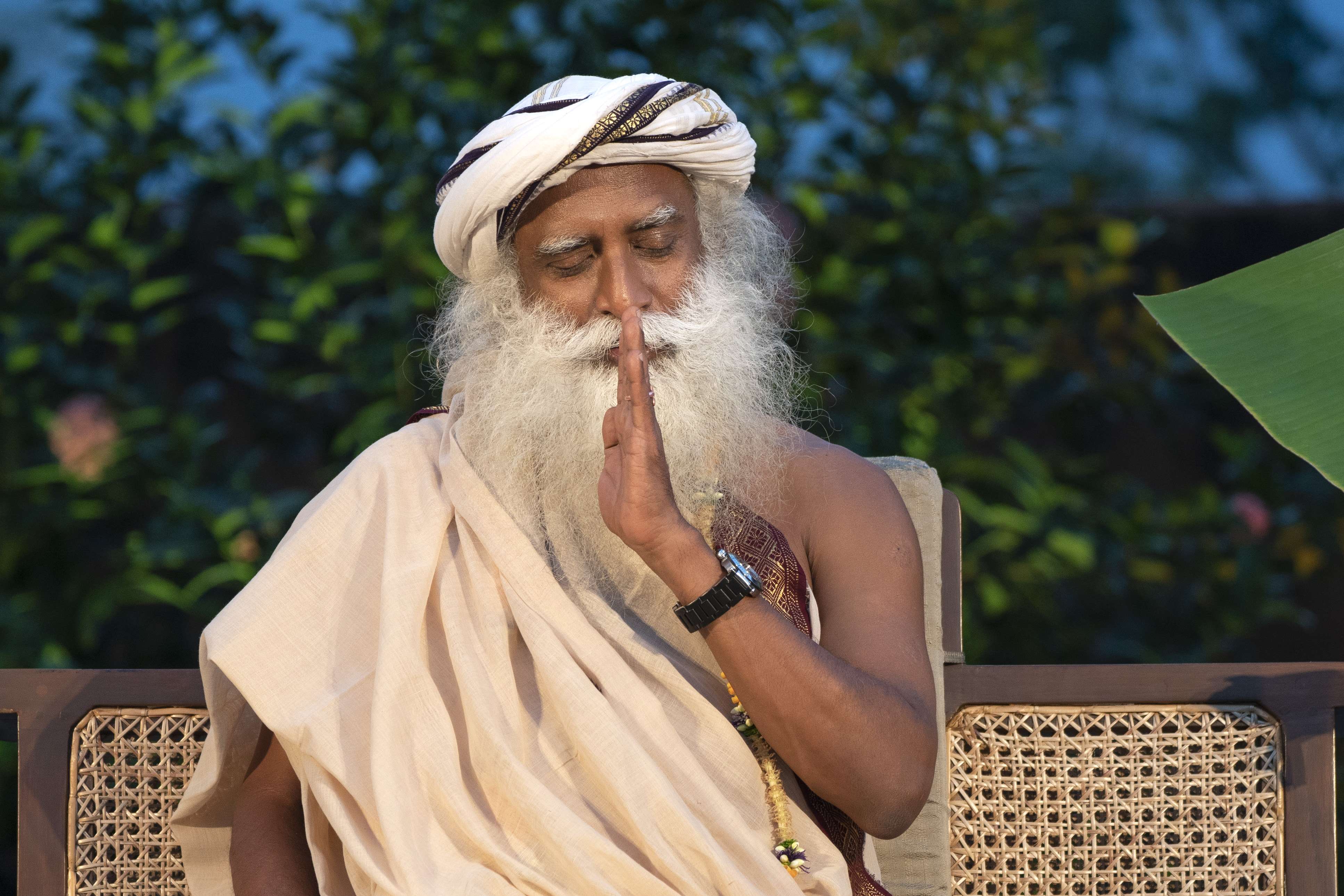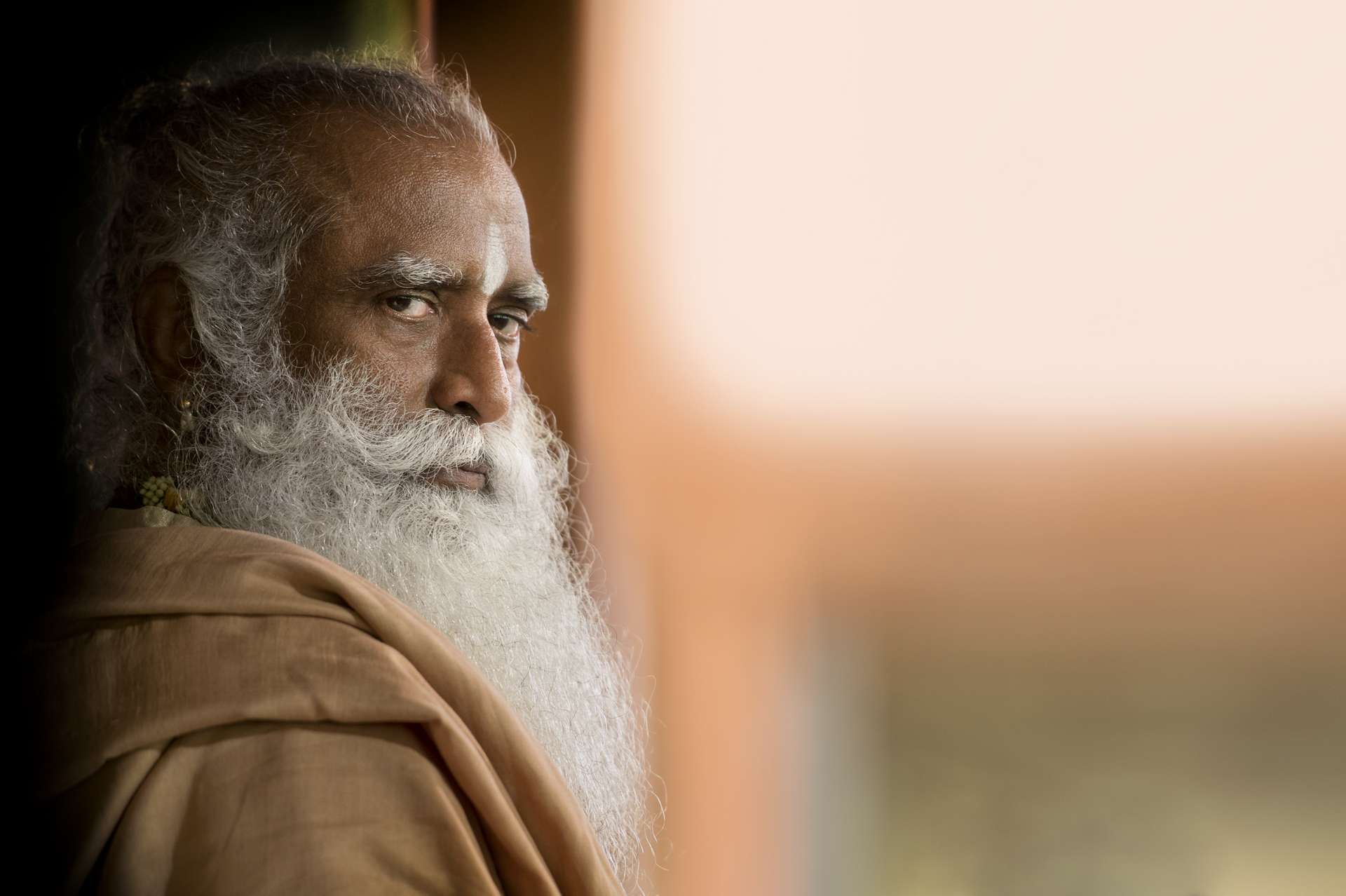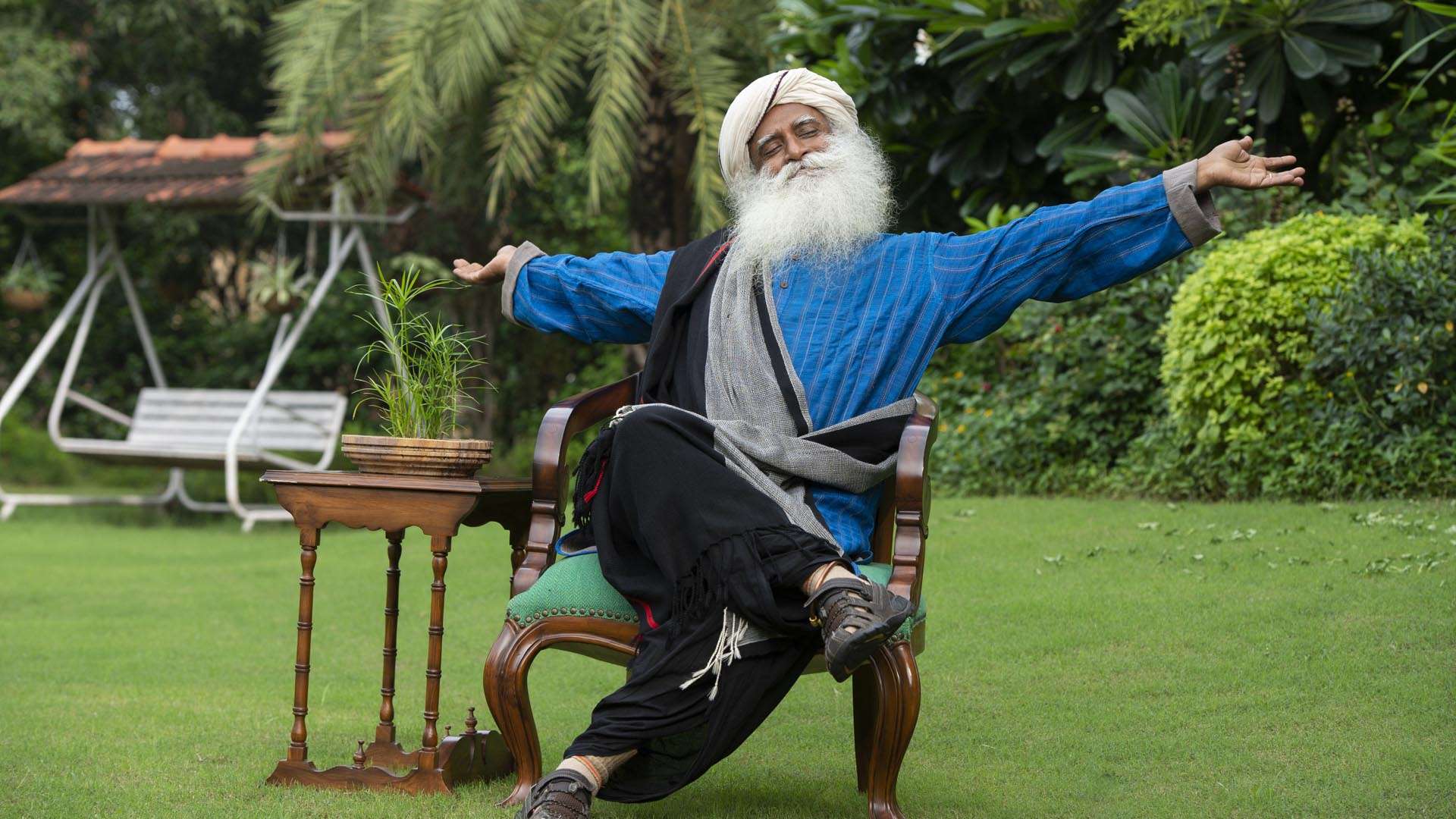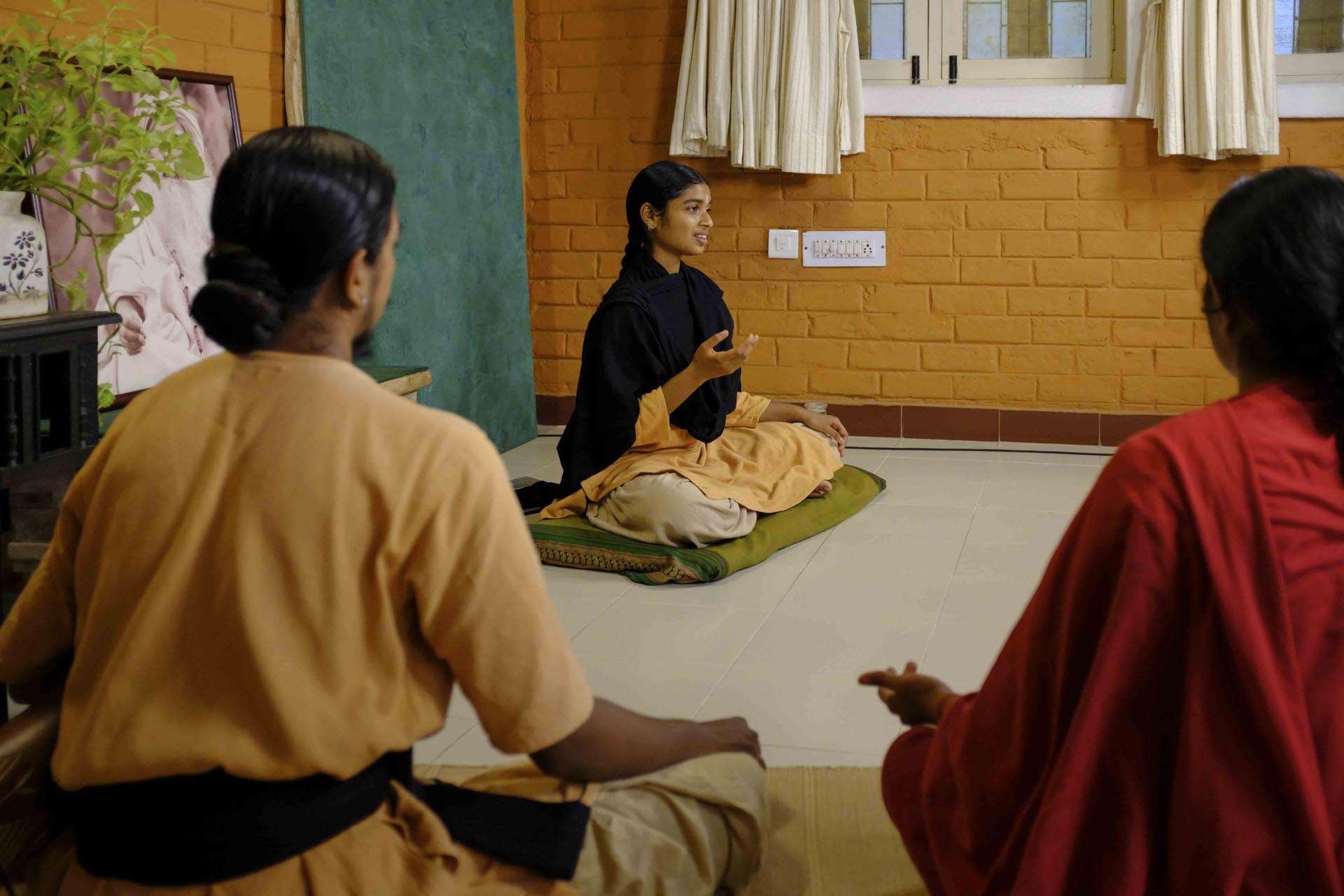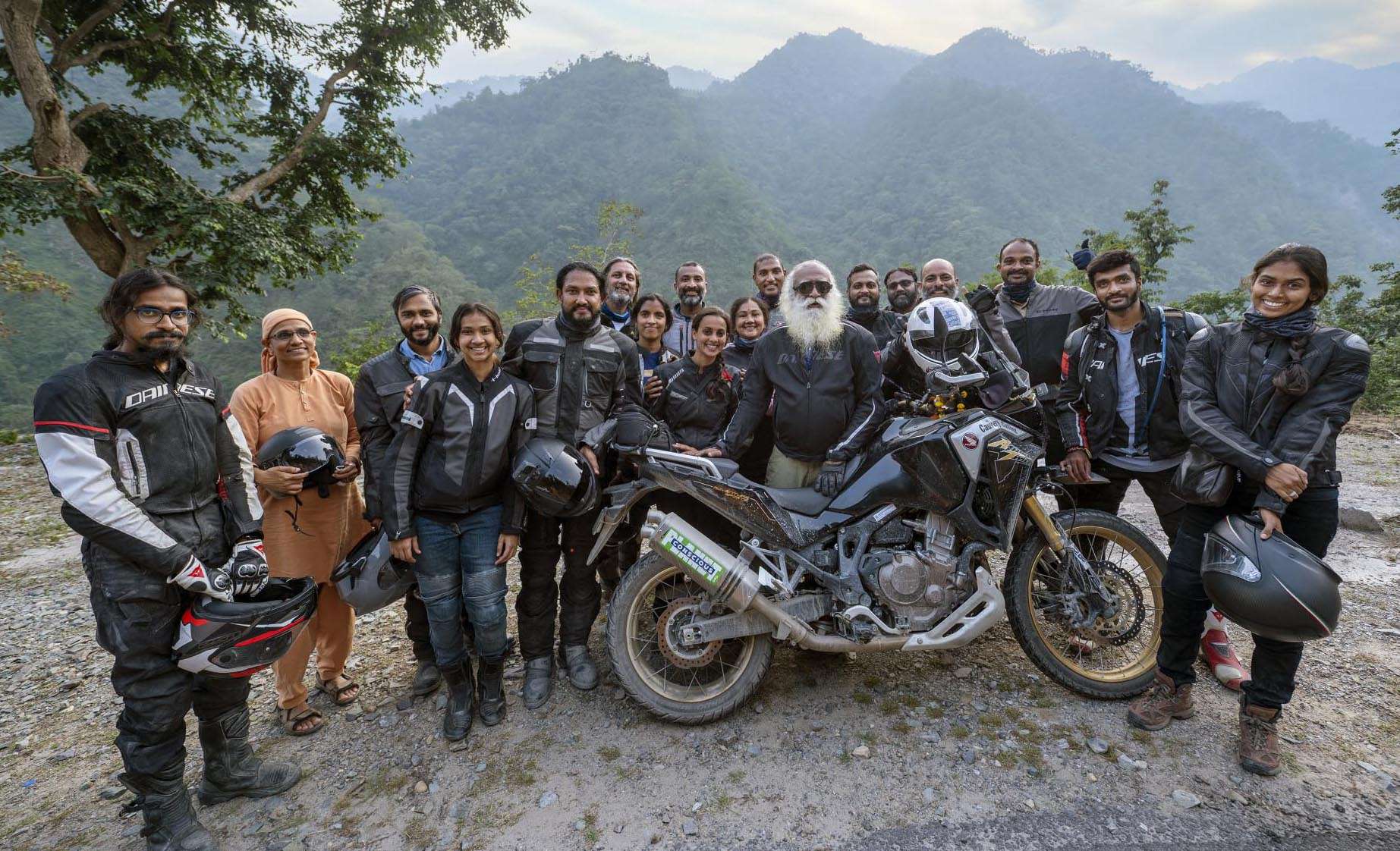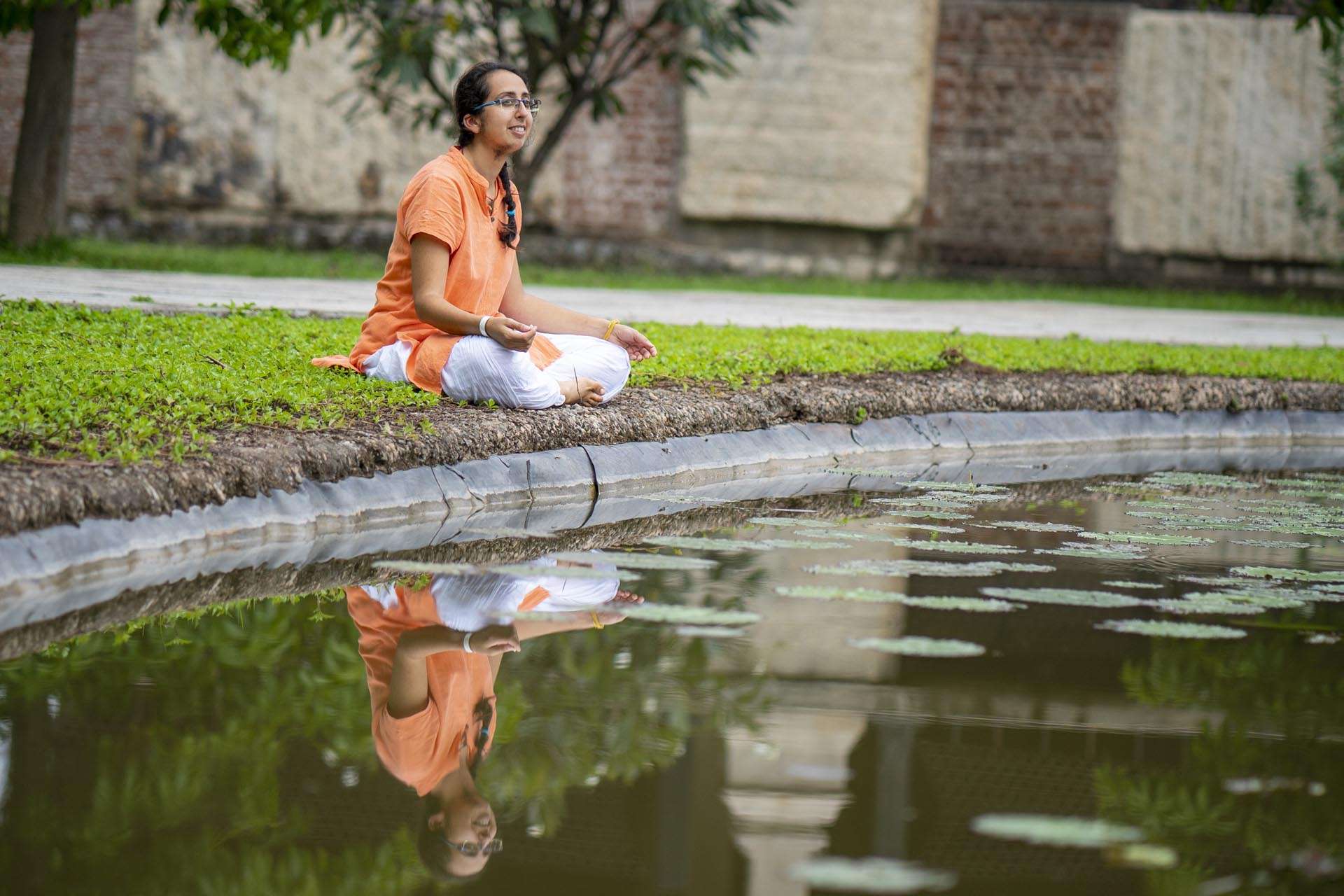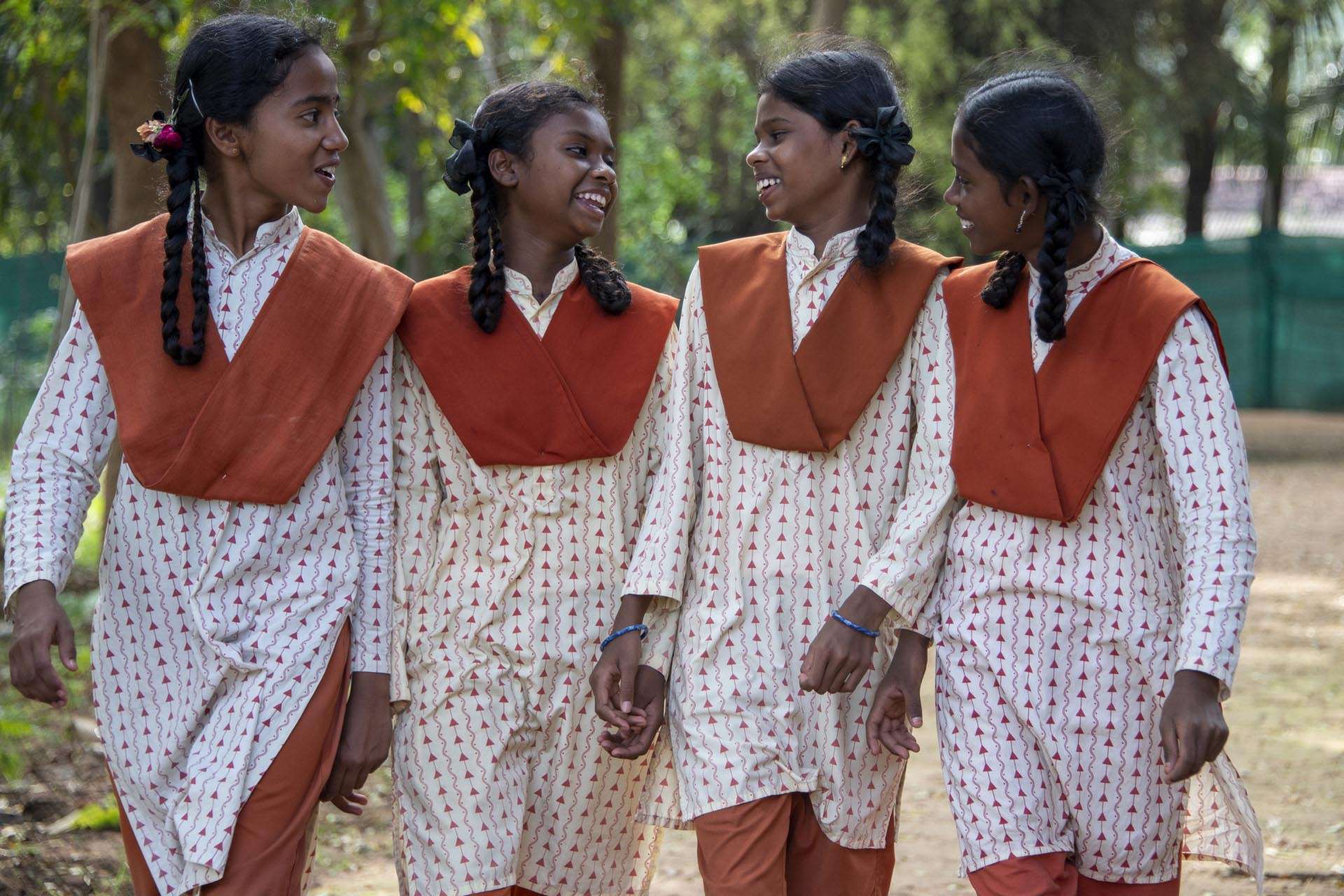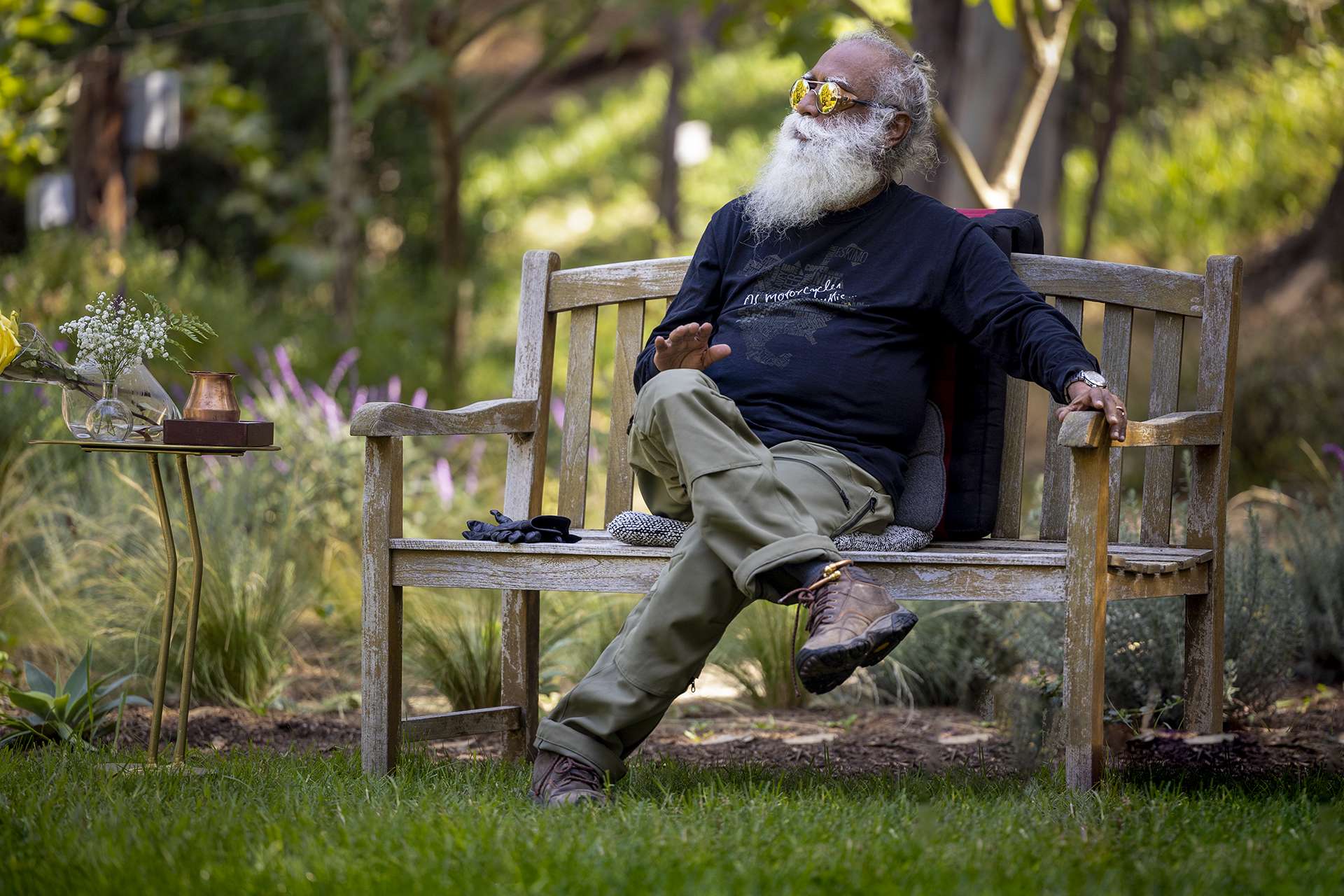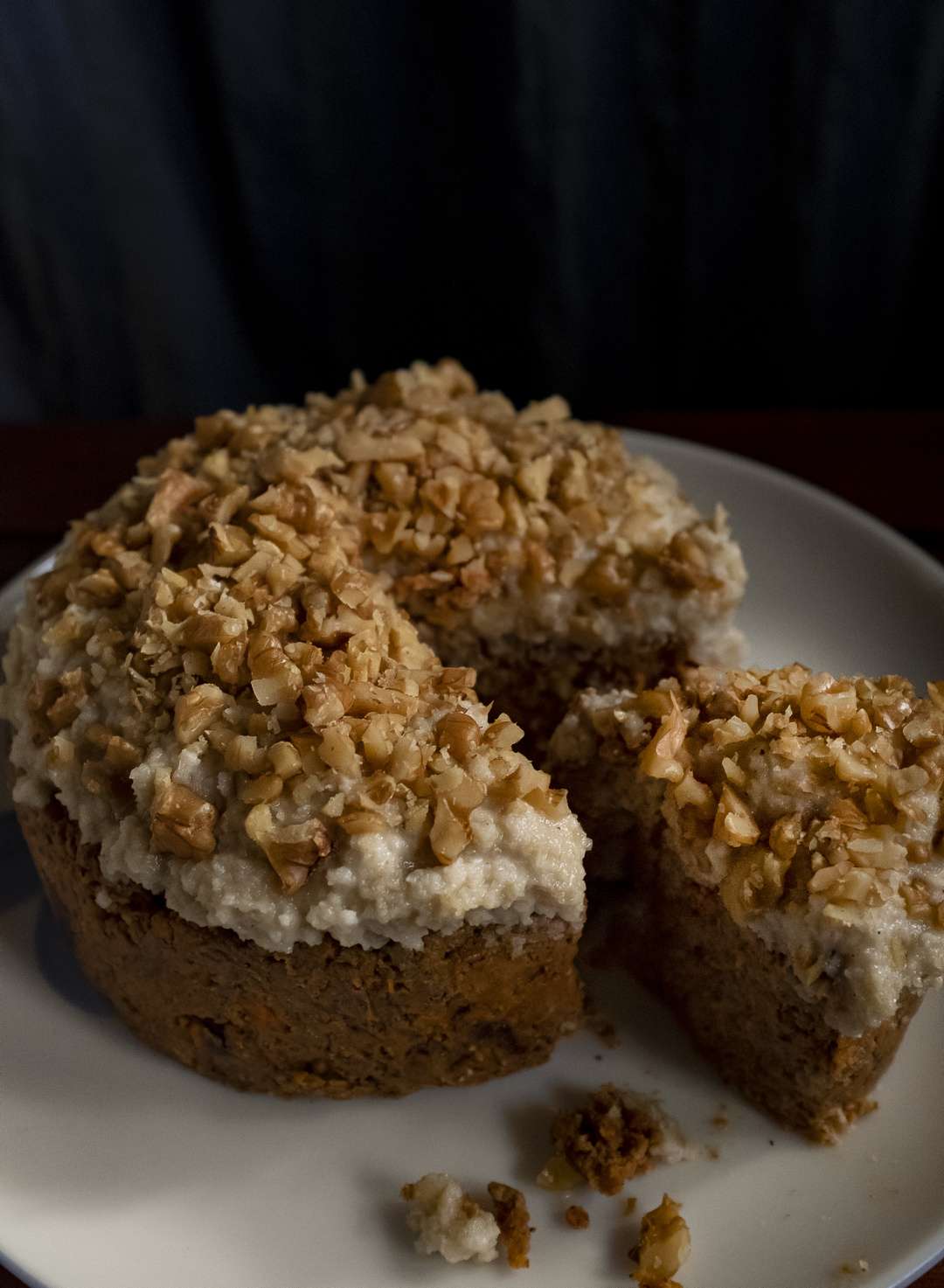From Sitcom to
Soil – Why an Actor Took Up Natural Farming
In this story, popular television actor-comedian Rajesh Kumar recounts how the Rally for Rivers and Cauvery Calling movements inspired him to take to natural farming, and the huge difference it makes for the soil, water, farmers, and consumers.
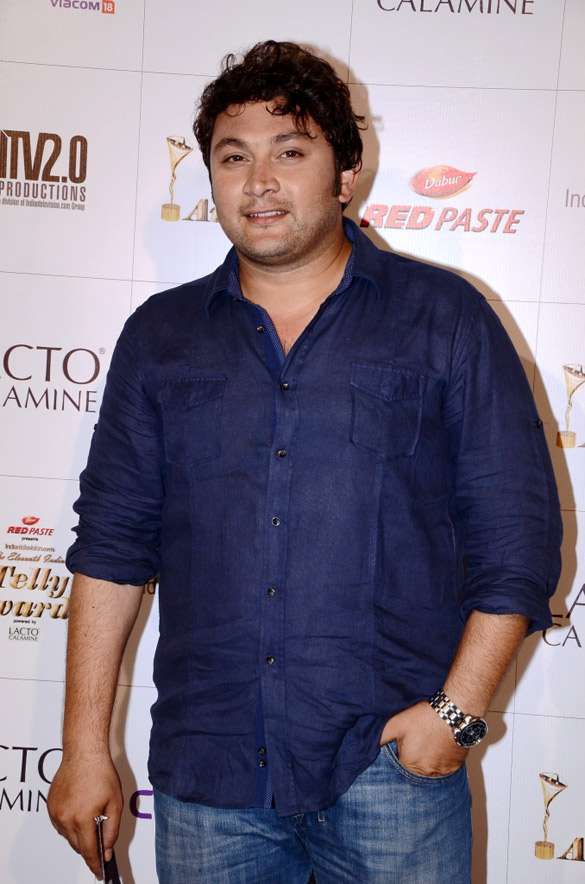
Actor-comedian Rajesh Kumar is a popular face on Indian television, especially in India’s Hindi speaking states. His iconic comic roles as Subodh Thakkar in the StarPlus hit comedy-drama series Baa Bahoo Aur Baby and as Rosesh Sarabhai in the Star One hit sitcom Sarabhai Vs Sarabhai and the sequel Sarabhai Vs Sarabhai: Take 2 are well-known. But what describes him best is perhaps his Instagram profile – “actor by profession, farmer by choice.”
In 2017, he readily volunteered to play the role of the compere for large public events held to mobilize people in India’s major cities as part of the gigantic Rally for Rivers movement. This involvement kindled a deep interest and passion in him towards revitalizing the country’s soil, water, and agriculture, and inspired him to launch the natural farming initiative Mera Family Farmer (My Family Farmer).
